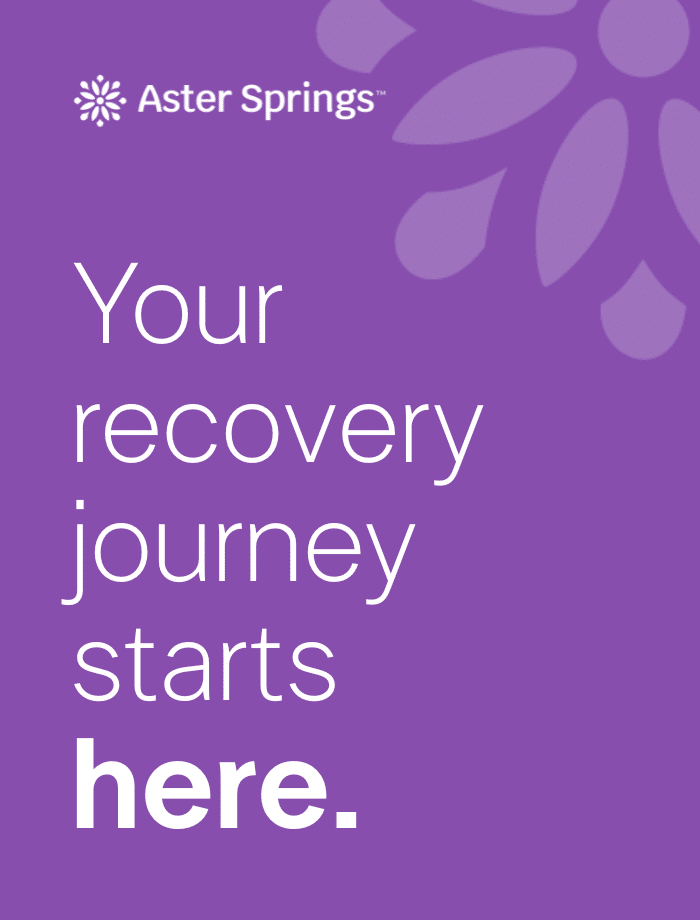While eating disorders were previously thought to affect primarily adolescents and young adults, we now know that people can struggle with their relationship with food later in life. In this article, we’ll discuss signs of eating disorders in the elderly and how to find support in your recovery.
Eating Disorders in the Elderly
Older adults may struggle with food from a young age but never receive the help they need to fully heal. This may result in an eating disorder that continues to linger into middle age and beyond.
For other people, they may have received eating disorder treatment in the past, but begin to struggle with food again later in life. The elderly may also develop an eating disorder for the first time in their older years.
What Causes Eating Disorders in the Elderly?
Like with eating disorders at any age, there are many factors that may cause the onset of symptoms in older adults. A combination of genetics, pre-existing health problems, co-occurring mental health disorders, trauma, body dissatisfaction, or stress can all predispose someone to an eating disorder.
However, the stressors that trigger symptoms in older adults may be different than in adolescents or young adults. With teens, disordered eating behaviors may be a response to stressors at school, relationships with friends, or body dissatisfaction.
Body Image and Older Adults
However, the struggle with body image isn’t isolated to young people. Many adults wrestle with body image throughout their life, causing their dissatisfaction to carry into their later years. They may also have a hard time accepting their aging body. All of these unique stressors can trigger or perpetuate body image issues and eating disorder symptoms.
Stress and Eating Disorders
Additionally, older adults have unique hardships and emotional triggers as they age. Adults may struggle with the transition into retirement or becoming empty nesters. They frequently have to experience the death of friends and family.
They often have changes in their physical abilities that force them to rely on others for tasks that they used to be able to do themselves. Alternatively, they may be functioning as the primary caregiver of a spouse in poor health. Any stressor could cause an older adult to use food as a coping mechanism.
Symptoms of Eating Disorders in the Elderly
Eating disorder symptoms usually look similar to those of younger people and may include:
- Sudden or dramatic weight changes
- Avoidance of eating with others or wanting to eat in their room
- Skipping meals
- Dieting, restricting calories, or avoiding certain food groups
- Hiding food
- Making frequent comments about not liking their body or needing to lose weight
- Regularly going to the bathroom after meals
- Use of laxatives, diuretics, or diet pills (unless prescribed by a doctor for a known medical condition)
Help for Mental Health in the Elderly
Don’t let age be a barrier to your recovery. People of all ages deserve to experience healing in their relationship with food. Our treatment team would love to walk with you in your journey to recovery. Find the location nearest you to get started today.


